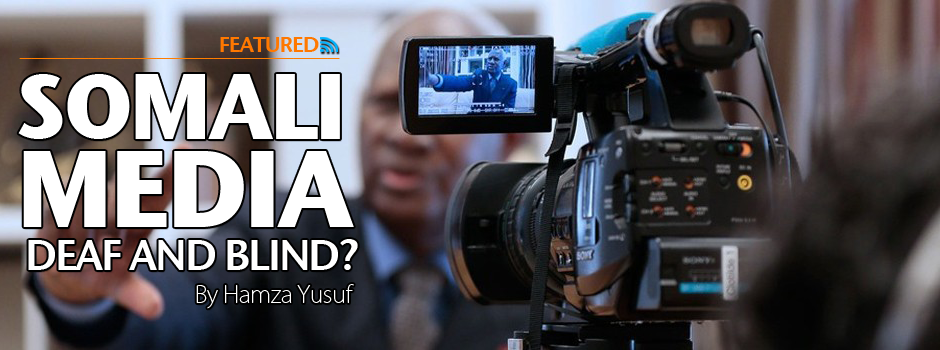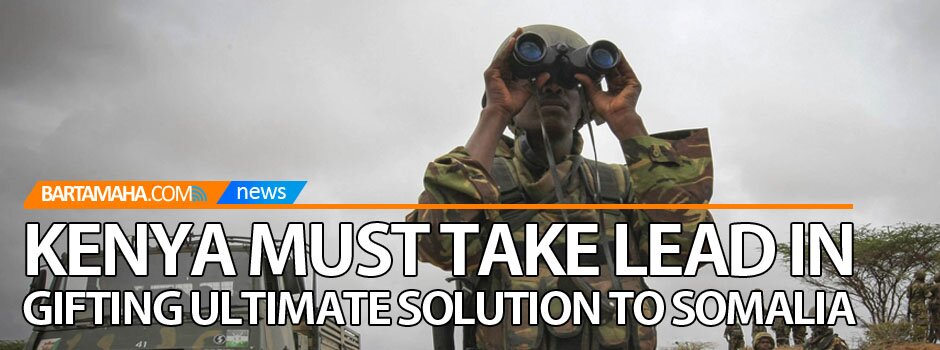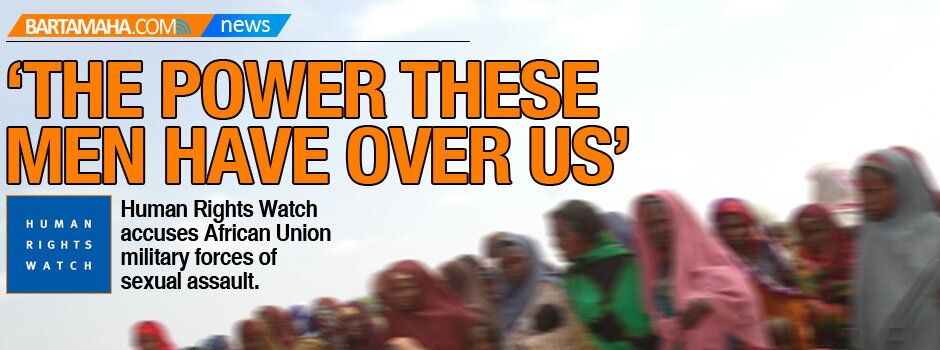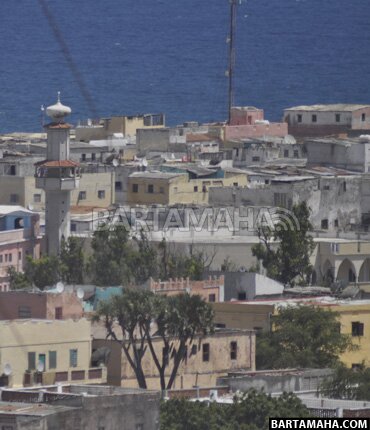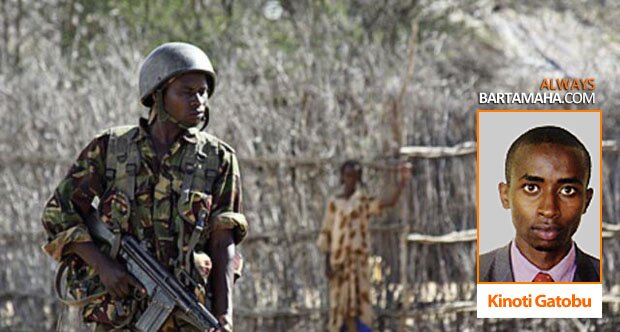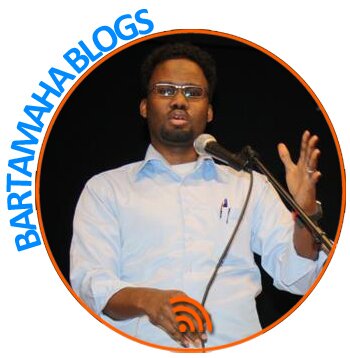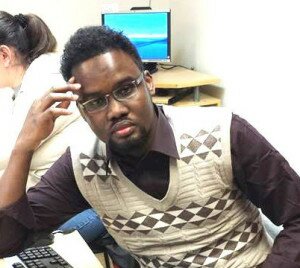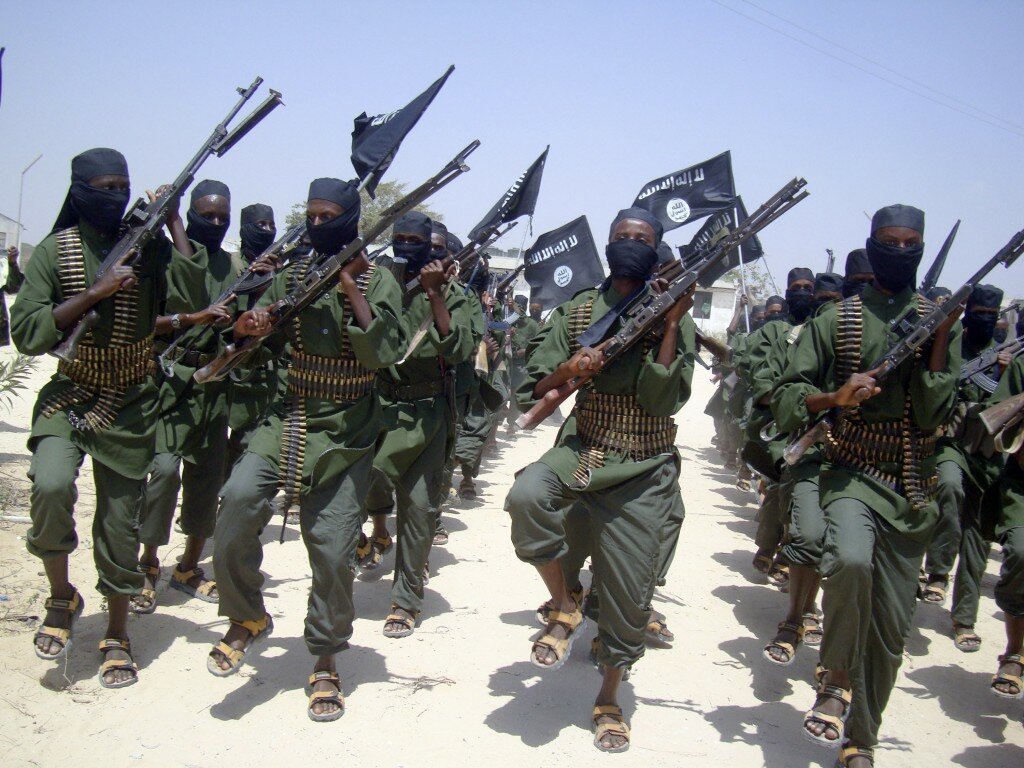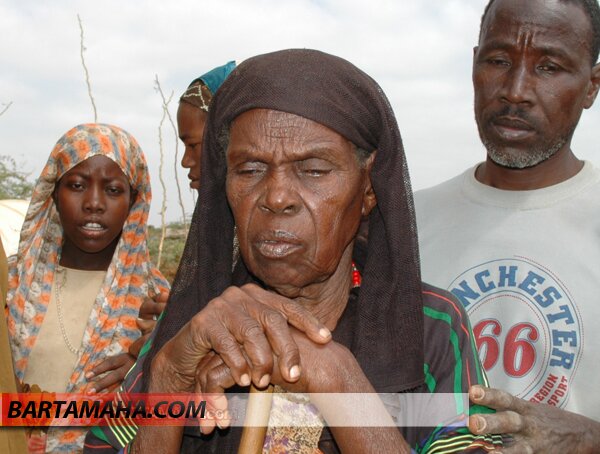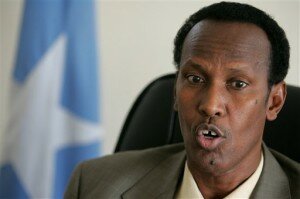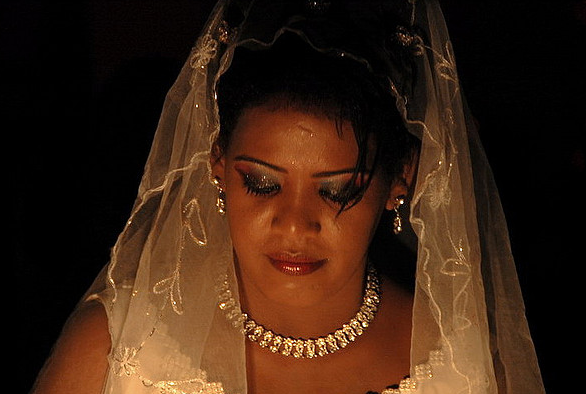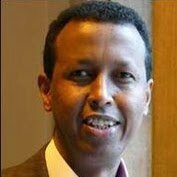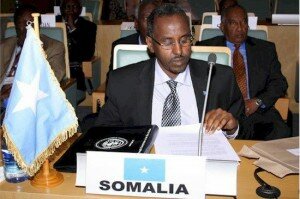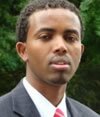SYL: The Deferred Dream
Roughly half a century ago, there was a group of very ambitious young Somalis who wanted to dedicate their lives to putting their nation into a forward trajectory. They had the will to match their words with deeds. The Somali Youth League (SYL), the first political party in Somalia, was established in 1943. This party played a crucial role for Somalia to gain its independence in July of 1960, from its colonial powers. The SYL’s deferred dreams of unifying and creating opportunities for Somalis now lies on the shoulders of the current Somali generation. This generation must understand the importance and the power of diverse institutions, which include the existing media and political institutions. The institutions such as the Somali media could serve the people as sort of a watch dog, thus becoming the eyes and the ears of the public pursuing the trails of wrongdoing individuals within the Somali government. Moreover, it is equally important to strategically choose effective leaders for these institutions.
The SYL, as a group, was driven by the great moral principles of making Somalia a progressive nation of laws. They did not take the job for fame or monetary gain. They took the job to create educational programs, to establish and reform the nation’s foreign policy, to institute economic opportunities, to free Somalia from its colonial shackles and ultimately protect the nation’s interests. They practiced a policy of inclusiveness, empowering Somalis from a grassroots level to take ownership of their causes. They wanted to achieve their objectives through civic engagements. They were able to achieve extraordinary results because of the SYL as an institution with its own merit-based culture.
While the SYL was driven by moral principles, it seems that current Somali leaders are driven by monetary interests, or they have an enormous hunger for fame. Until individuals with the similar characteristics as the SYL emerges from member of current youth, the Somalia’s political affliction will remain unchanged. The SYL were not the most educated group of individuals but they believed in the cause and they were willing to match their cause with actions.
Unlike the current leaders whose decisions seem to be driven by the world’s public opinions rather the local needs of the folks which they represent, the SYL focused and cared more about local issues of their nation than the world public opinion. Somalia is largely on a destructive path because there are no principled and visionary leaders that work for the sake of leaving a peaceful Somalia as legacy of their political tenure. Folks at the Somali Transitional Federal Government (TFG) seem to be mainly interested in wiring stolen public funds to foreign banks or in their twenty seconds of fame or shame being on BBC Somali services or other Somali media services.
Although Somalis’ clan politics are heartrendingly polarizing and thousands of internal and external interest groups have the ability to prevent change, it is essential that Somalis elect a skillful leader as their president in Somalia. There are a few individuals currently running for the presidential seat in Somalia. However, the Somali media are not asking the right questions in determining their competence and whether these folks’ rhetoric matches the requirements of presidential seat in Somalia.
While great oratory ability is an important skill for presidential contenders to have, what is really needed is the knowhow of how to fix and heal the fractured Somalia. These presidential contenders must compose a written platform of how they will engage the warring political groups in Somalia.
Somalis’ vision is to see a peaceful Somalia. Without a sustainable peace, there cannot be any progress. In order to attain peace in Somalia, the political discourse of the people must change from war talk to a peace talk. A leader must train other leaders who can take the helm and start injecting new ideas of peace in the minds of the people. This could unleash the potential in matching the right people for the right jobs as the Somali president decides the right course for the nation. As the vision of peace in Somalia is being realized, there must be a scorecard that demonstrates the progress of the combined effort of the leader and his team. Altogether, this could steer Somalis toward peace, progress and prosperity. This could be accomplished just like the Somali Youth League achieved similar results in the 1960s.
Institutional complexity is an avoidable enemy. For instance, the Somali Federal Transitional Government (TFG) is unable to produce any meaningful results because there is a design flaw. It is a complicated institution with too many people. But, it is an institution to which Somalis must add value by joining and working within in order to make it a progressive institution.
Every Somali is to blame for the despicable situation that Somalia as a nation is in. At this time of great crisis, the prevailing reality of Somalis viewing each other through the lenses of clan affiliation must cease. The lenses with which Somalis, especially the youth, view each other must be based on merits, not clan affiliations.
Somalia has several institutions such as Somalia’s Transitional Federal Government (TFG), Somaliland and Puntland. Whatever your political position is within Somalia’s destructive political system, it is indispensible for you to add values to these institutions rather to dismantle them. These are Somali-driven institutions and they could be instrumental in bringing peace to Somalia and they will perhaps outlast the current leaders of these institutions.
While senior open-minded Somalis remain as advisors, counselors, and mentors, it is the ultimately the skillful and progressive Somali youth that need to drive a new agenda that will bring an era of peace and stability in Somalia. The dormant individuals with SYL characteristics must be awakened and encouraged to revive the SYL’s deferred dream.
Are Somalis ready for the task ahead?
Comments
comments
 Calendar
Calendar





